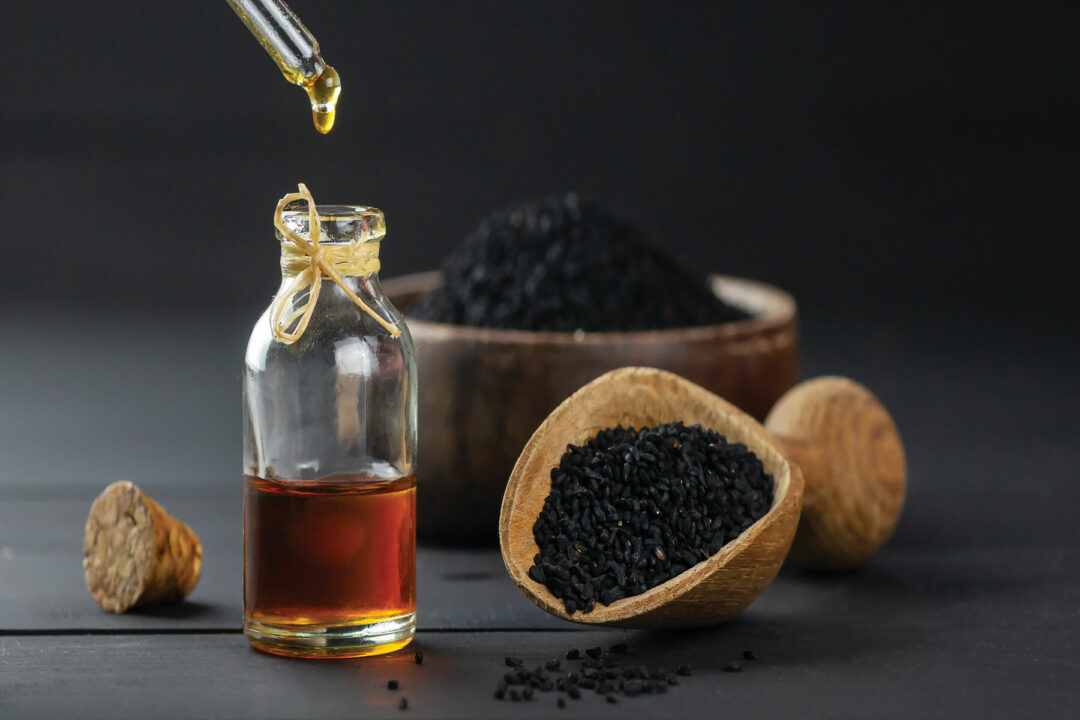MSCs are adult stem cells that can differentiate into multiple tissues, including fat, bone, cartilage, and muscle, and have the ability to modulate the inflammatory response.
Thein vitroportion treated MSCs with ThymoQuin, commercial black seed oil (with more than 8% free fatty acid content, compared to the 1.8% contained in ThymoQuin), and each of the two combined with vitamin D3, and compared all four test groups with a control group. Researchers examined the effects of each on MSC proliferation, levels of inflammatory biomarkers, changes in lipid droplet number and size, adipocyte differentiation, mitochondrial biogenesis, and stem cell function. Additionally, mice were fed a high-fat diet, with three groups receiving either ThymoQuin, vitamin D3, or both during the last eight weeks of the diet.
The findings: ThymoQuin was effective in its own right across the measured outcomes, but ThymoQuin plus D3 showed the most significant improvements. Commercial black seed oil was significantly less effective.
Related: Black Seed Oil: Benefits Backed by Science Human Clinical Trial Reveals Potential Anti-Aging Effects of NMN Dr. Cass Ingram Discusses the Benefits of Black Seed
“I have long discussed the synergistic properties that are unique to black seed oil standardized to 3% thymoquinone and with very low free fatty acids,” said Morris Zelkha, co-founder and CEO of TriNutra. “While previous focus has been mainly on its synergy with omega-3s, we are happy to share the results of ThymoQuin combined with vitamin D3 for improved immune support. Vitamin D3 is commonly recognized as a necessary part of good health, so seeing that we can enhance its effects with ThymoQuin opens a lot of possibilities for new products and further research.”








